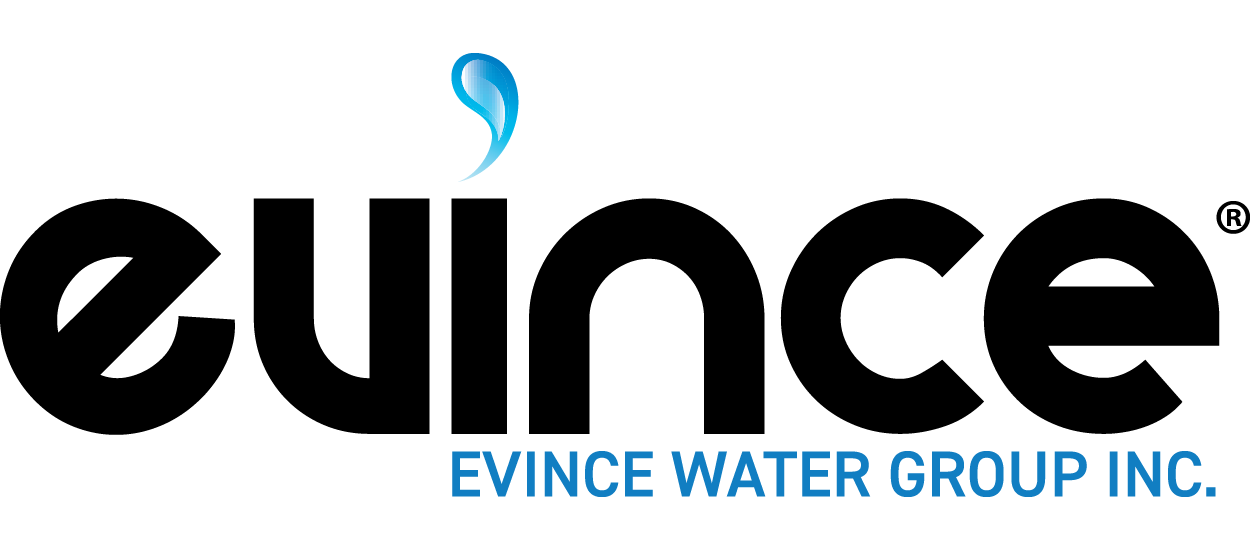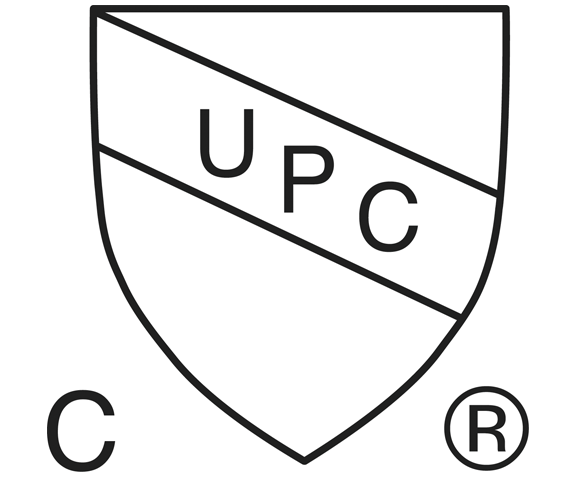About Evince Water
Why Evince?
At Evince Water Group, our experienced team takes pride in providing industry-leading responsiveness, competency, and service levels. Our customer satisfaction levels are the main driver for our success and we are committed to your complete satisfaction.
Evince systems incorporate proprietary features such as Dynamic Regeneration, Precision Brining, Soft Water Refill, Automatic System Refresh, Soft Water Recharge, Automatic Backwash Skip, and Automatic Reserve. These extensive features combine to produce the benefits of the highest quality water system and the most efficient system possible. Evince products are Platinum Certified by IAPMO to NSF/ANSI Certifications.
Are You the Manufacturer?
Evince Water is a leading water filtration supplier and distributor of water filtration products headquartered in Corona, CA.
Where Can Evince Products be Purchased From?
Evince products can be purchased through any local Authorized Dealer.
Where Do You Ship?
Evince has centrally located distribution service centers across the US and Canada. Evince US Distribution points include:
- Corona, CA
- Phoenix, AZ
- Houston, TX,
- Pottstown, PA
- Carmel, IN
Canadian distribution points include:
- Regina, CAN
- Cambridge, CAN
How Evince Works
Why Use a Water Filtration System?
Instead of relying on the EPA’s Primary Standard for water, advanced water filtration systems put the standard of water purity in your hands. Evince Water products can significantly reduce hardness, sediment, turbidity, chlorine and chloramines, bacteria, and heavy metals, producing nothing but high-quality, clean water!
Filtration reduces the physical, chemical, and biological contaminants in the water making it clean for consumption.
Water conditioning addresses issues like hardness and scale through methods like water softening.
Evince systems incorporate proprietary features that result in Evince producing the highest quality water and is one of the most efficient water refiners in the water treatment industry.
What is the Difference Between Water Filtration & Conditioning?
Water filtration and conditioning address different aspects of water quality. Filtration reduces the physical, chemical, and biological contaminants in the water, making it clean for consumption. On the other hand, conditioning modifies the water’s characteristics to manage hardness and prevent scale buildup through methods like water softening, or alternative treatment methods to inhibit scale buildup without necessarily removing the minerals responsible for hard water.
Filtration ensures the water is clean (purified), while conditioning makes the water more compatible with plumbing and water-using appliances by addressing issues like hardness and scale. This results in the improvement of plumbing/appliance longevity, and efficiency as well as enhancing the effectiveness of soaps and detergents.
What is Dynamic Regeneration?
Dynamic Regeneration is a specialized technology utilizing up-flow regeneration that introduces the sodium/potassium from the bottom of the tank up, thereby driving the hardness minerals up through the already depleted media and out to the drainage. This creates a much longer life span for Evince’s filtration media as well as supercharging the unused (reserve capacity) portion of the media. This process also saves sodium and the unused portion of the media for future use.
Dynamic Regeneration introduces the sodium/potassium at a very reduced rate with smaller injectors, providing extended contact time with the filtration media to ensure that the water contents inside the tank come in contact with the sodium and eliminate channeling.
By introducing the sodium from the bottom of the tank it produces a higher concentrated dose of sodium/potassium as it comes in contact with the filtration media. Whereas traditional units will dilute the sodium (up to 18%) in the freeboard space at the top of the unit causing the system to use more sodium.
How Much Water is Used During a Backwash or System Regeneration Cycle?
The amount of water varies by system type and usage. Evince utilizes proprietary processes including Dynamic Regeneration, Precision Brining, and Automatic Backwash Skip eliminating the need for routine backwashing. These processes will save over 2000 gallons of water per year over traditional water treatment systems.
The Evince Insight incorporates a Precision Programmed Backwash-CycleTM (PPBC) to maximize system efficiency during the backwash or self-cleaning process. This 10-minute cycle uses up to 3.5 gallons of water per minute.
The water discharged during the self-cleaning (backwash) cycle can be reused for all outdoor applications or simply discharged to a drain. For sustainable and green applications, the water can be used for watering plants, trees, shrubs, and even wildlife.
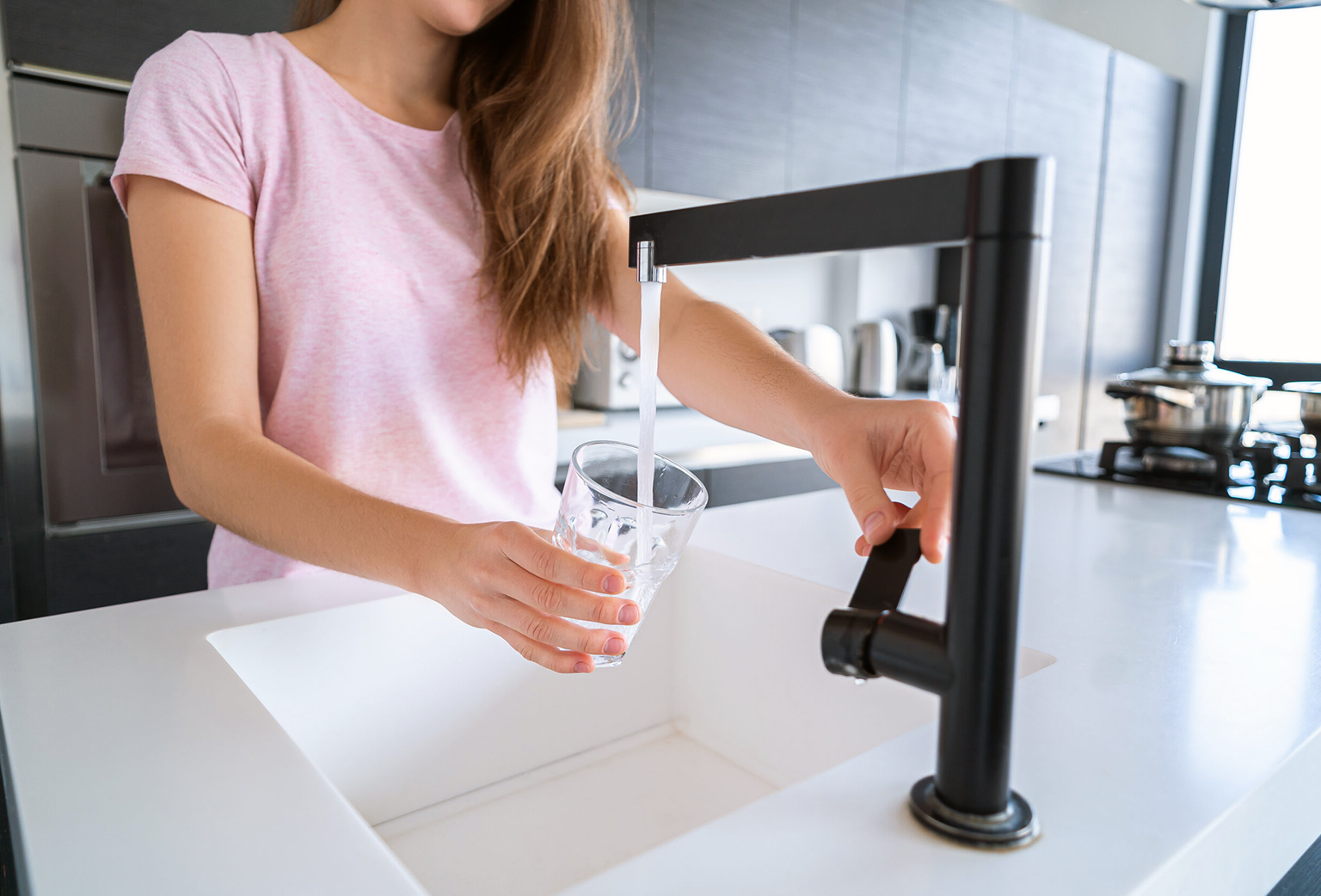
Evince Water Products
What is the Difference Between the Evince Insight (Sodium-Free) & Evince Elevate (Water Softener)?
The Evince Insight is a green, whole-house water-treatment system that removes damaging chemicals like Chlorine and Chloramines without the use of sodium or chemicals. The Evince Insight provides optimal contact with EW-C12 Ultra-Refiner media and EW-Gold Filter. This is designed for maximum reduction of chlorine, chloramines, bacteria, and heavy metals.
The Evince Insight Scale Shield incorporates an advanced anti-scale technology that prevents the formation of scale, and eliminates existing scale (hard water), by accelerating the transformation of calcium and magnesium into harmless microscopic particles. This process breaks down existing scale build-up in the plumbing system, while also protecting it from new scale deposits. The result is an industry-leading system that produces crisp, clean water from every tap in the home.
The Evince Elevate is an advanced whole-house, multi-media, water softening and refining system. This system is built with industry-leading EW-C12 Ultra-Refiner and EW-UHC 100 Hydro-Conditioning medias and the EW-Gold Filter, The Evince Elevate significantly reduces hardness, sediment, turbidity, chlorine and chloramines, bacteria, and heavy metals, producing nothing but high-quality, clean water!
Evince systems incorporate proprietary features such as Dynamic Regeneration, Precision Brining, Soft Water Refill, Automatic System Refresh, Soft Water Recharge, Automatic Backwash Skip, and Automatic Reserve. This results in Evince producing the highest quality water and therefore being one of the most efficient water-refiners in the water-treatment industry.
Both systems are used for scale prevention and are considered pretreatment to most drinking water systems.
What Drinking Water Filtration Systems are Available?
The Clarity 2100 QCRO is an ideal choice for clean, high-quality drinking water. The system’s membrane removes impurities as small as an atom, delivering clean and delicious-tasting water.
Add the Summit Alkaline Filter to enhance the taste of filtered water by adding beneficial electrolytes such as calcium, magnesium, potassium, and other trace minerals.
The Clarity 2100 QCRO is Certified by IAPMO to NSF/ANSI 58 standards. NSF 58 is utilized for the reduction of the following substances as verified and substantiated by independent test data: Barium, Cadmium, Copper, Fluoride, Hexavalent Chromium, Lead, Arsenic (V) (less than 300 ppb reduction), Radium, 226/228, Selenium, Trivalent, Chromium, Turbidity and PFOS/PFOA.
Are Evince Water Products Certified?
The Evince product line consists of proprietary products designed for home improvement professionals only. Carrying ISO, UL, and Platinum IAPMO NSF/ANSI certifications, our products are certified to the highest standards in the water conditioning industry.
Certified by IAPMO to NSF/ANSI 42, 44, and 58 standards.
NSF 42 is certified for the reduction of chlorine, taste, and odor. NSF 44 is certified for the removal of hardness. NSF 58 for the reduction of the following substances as verified and substantiated by independent test data: Barium, Cadmium, Copper, Fluoride, Hexavalent Chromium, Lead, Arsenic (V) (less than 300 ppb reduction), Radium, 226/228, Selenium, Trivalent, Chromium, Turbidity and PFOS/PFOA.
Evince Insight, Elite, and Carbon (CRS) Chlorine Reduction Systems are certified at 97% reduction of chlorine for up to 1,100,000 gallons of water usage. This specialized media is effective for more than 2,000,000 gallons of water. Higher concentrations of chlorine or chloramines may reduce the life of the media.
Evince Elite, Elevate, and True systems are NSF 44 certified for the removal of hardness in addition to the NSF 42 certification where applicable.
Clarity 2100 QCRO is Certified by IAPMO to NSF/ANSI 58 standards. NSF 58 for the reduction of the following substances as verified and substantiated by independent test data: Barium, Cadmium, Copper, Fluoride, Hexavalent Chromium, Lead, Arsenic (V) (less than 300 ppb reduction), Radium, 226/228, Selenium, Trivalent, Chromium, Turbidity and PFOS/PFOA.
ScaleShield. Certified by IAPMO RT to NSF/ANSI 42, 60, 61, 372 – Lead-free, CSA B483.1. In compliance with drinking water regulations USA & Canada. ScaleArmor, a scale-reduction media, is independently tested and approved to meet or exceed NSF/ANSI/CAN 60 standards.
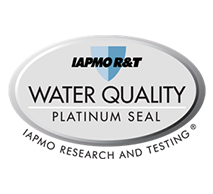
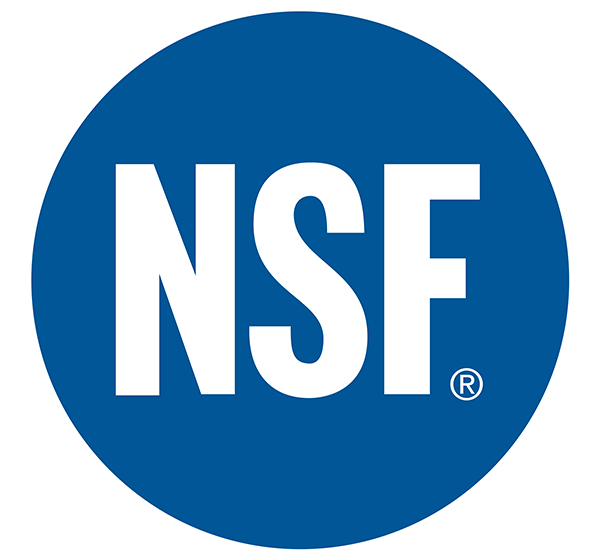
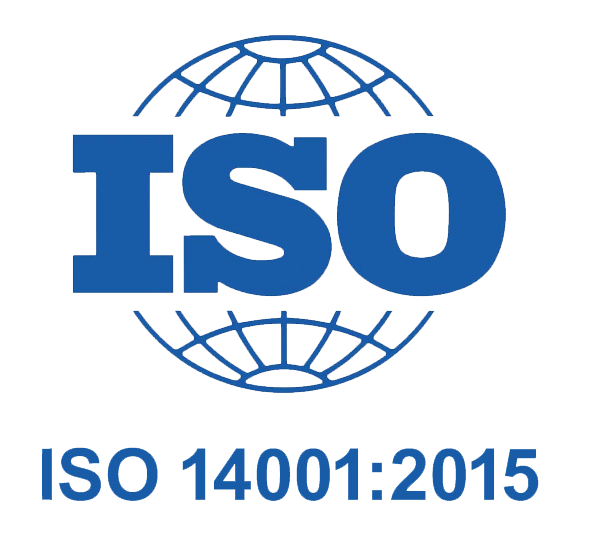
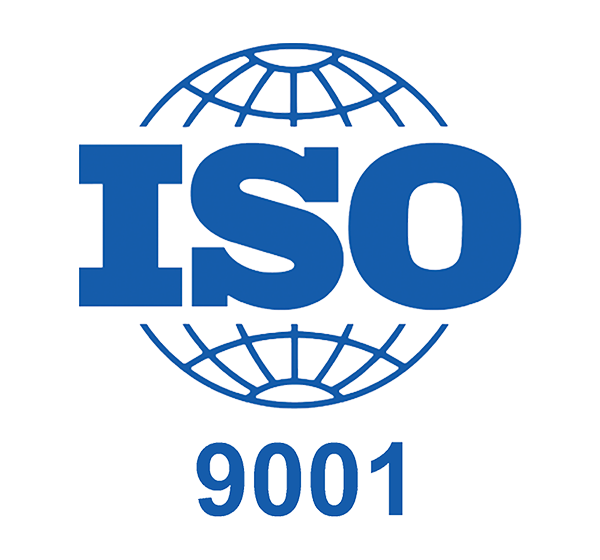
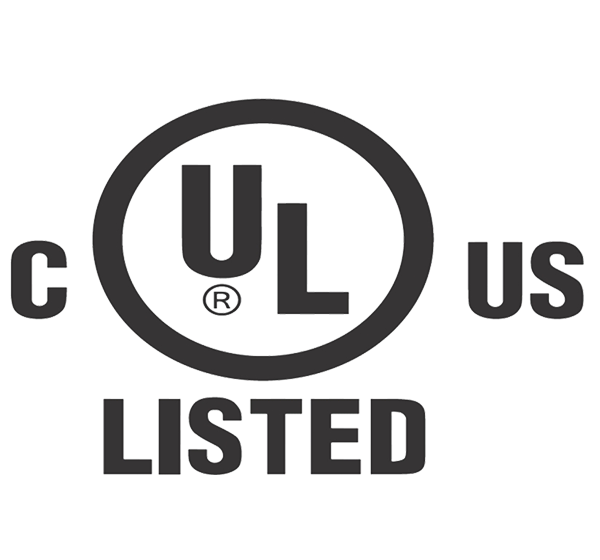
Warranty Information
Does Evince Water Offer Lifetime Warranties?
Evince Water Group offers one of the finest Water Treatment Systems available today. Evince Water Group product(s) are backed by a tradition of the highest levels of quality and service. Through this warranty, Evince is demonstrating its confidence in your Evince Water Treatment System as well as against defects in manufacturing for the lifetime of the original retail purchaser.
Evince Refiner Tank Lifetime Warranty
Evince Water Group’s authorized Dealer will replace or repair the refiner (mineral) tank, free of charge, except for freight and/or labor charges, if for any reason it is found to be defective.
Evince Smart Control Valve Lifetime Warranty
Evince Water Group’s authorized Dealer will replace the Smart Control Valve (excluding electronics) which is warranted for five (5) years without cost, excluding freight and/or labor expenses, in the event of any discovered defects.
Lifetime Assurance: Your equipment is protected for a lifetime with the most robust warranty in the industry. It covers all physical components of your unit, excluding the internal media, filters, and items that require routine service or maintenance. Some exclusions may apply.
What Warranties are Offered for Evince Drinking Water Systems?
EW-CLARITY 2100/CLARITYX REVERSE OSMOSIS SYSTEM(S)
Evince Water Group’s (EWG) authorized dealer will repair or replace any part of the Clarity Reverse Osmosis System without charge, except for freight and/or labor charges, if for any reason it is found to be defective for two (2) years from the date of installation. Pre-filters, Post-filters, and Membranes are not included.
What Warranties are Offered on the Media?
EW-C12 ULTRA-REFINER CATALYTIC CARBON
EW-C12 Ultra-Refiner Catalytic Carbon is Certified by IAPMO to NSF/ANSI 42 standards. NSF 42 certification is for the reduction of chlorine, chloramine taste, and odors and is Certified at 97% reduction of chlorine for up to 1,100,000 gallons of water usage. This specialized media is effective for more than 2,000,000 gallons of water. Higher concentrations of chlorine or chloramines may reduce the life of the media. The media is warrantied for twelve (12) years when a minimum of 1.5 CF is used with any Evince system. Warranty excludes freight and/or labor charges.
Evince EW-HC50 or EW-UHC100 HYDRO CONDITIONING (CATION) RESIN
Lifetime Guarantee on EW-HC50 or EW-UHC100 Hydro Conditioning Cation Resin. All cation resin is guaranteed against any manufacturing defects for the duration of its lifetime. The lifetime warranty applicable to the NW-UH50 or NW-UHC100 Hydro Conditioning Cation Resin is substituted with a ten (10) year warranty when a minimum of 1.5 CF is used with any Evince system. Higher concentrations of chlorine or chloramines may reduce the life of the media. Warranty excludes freight and/or labor charges.
This product is certified by IAPMO to NSF/ANSI 44 standards for the removal of hardness.

